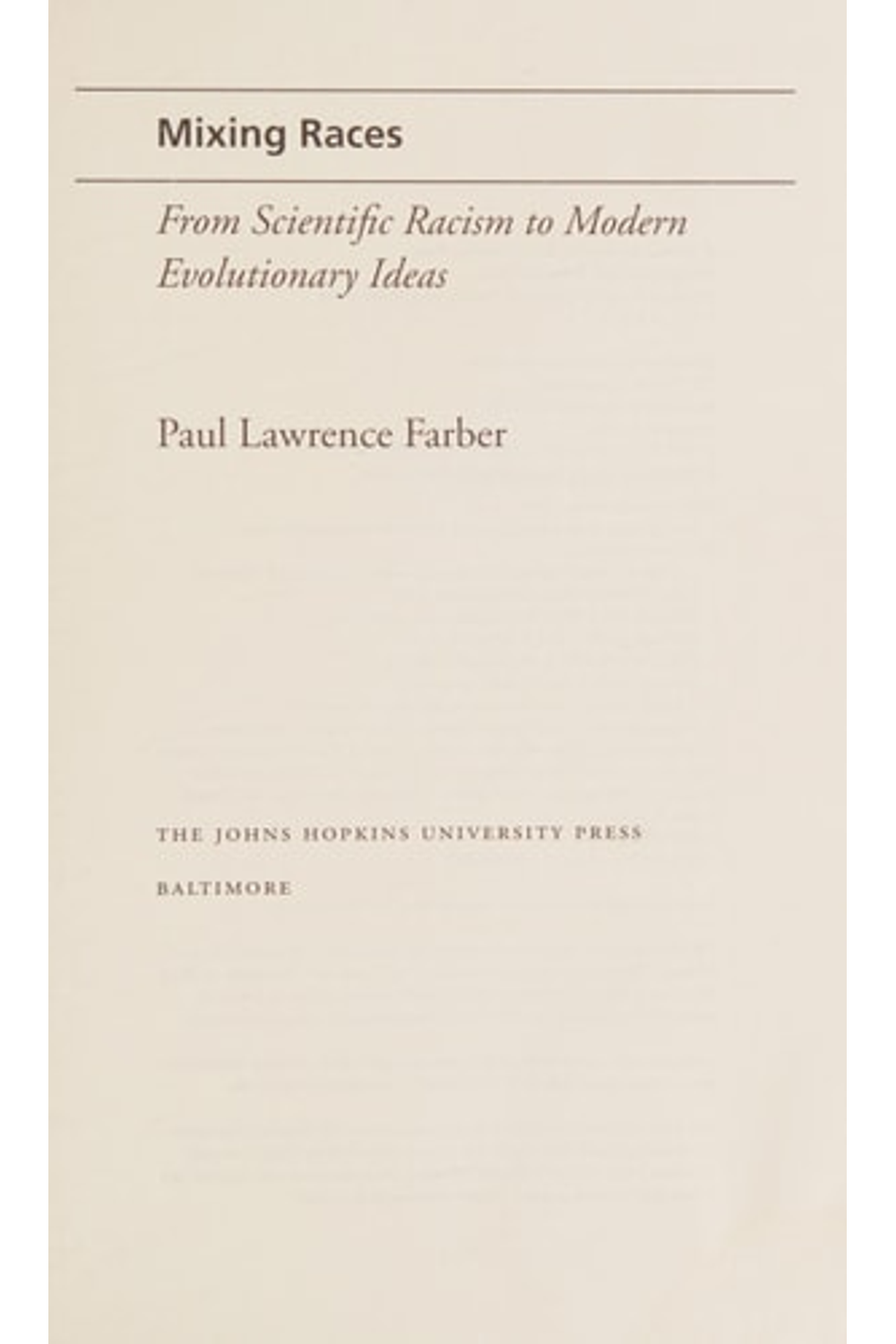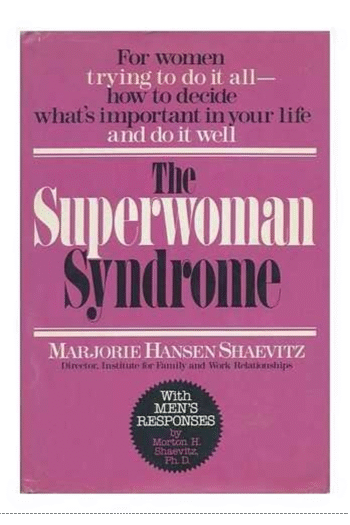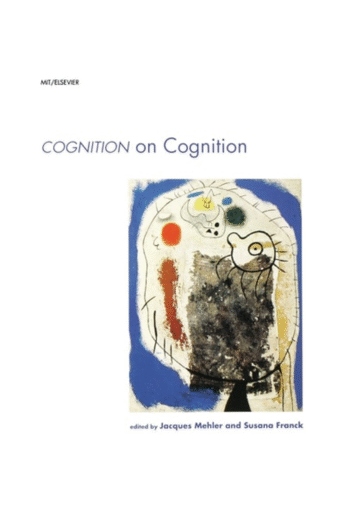Explore the pivotal intersection of science, race, and social change in Paul Lawrence Farber’s “Mixing Races.” This insightful book examines how evolving scientific understandings of genetics and evolution dismantled long-held beliefs about the inferiority of mixed-race individuals, profoundly impacting American society in the 20th century. Farber delves into the era when scientific racism was widespread to the shift in attitudes accelerated by the Civil Rights Movement. He focuses especially on the tumultuous atmosphere of college campuses in the 1960s, where debates about interracial dating and social integration became flashpoints in the struggle for equality. Drawing on historical research and personal experiences, Farber offers a compelling narrative of how scientific knowledge challenged prejudice and fueled a revolution in race relations, providing a valuable perspective on America’s ongoing journey towards a more just and equitable society. This book is an insightful read for those interested in science, the history of race relations, and the social impact of scientific ideas.
Mixing Races: From Scientific Racism to Modern Evolutionary Ideas (Johns Hopkins Introductory Studies in the History of Science)
16.46 $
In stock
This book explores changing American views of race mixing in the twentieth century, showing how new scientific ideas transformed accepted notions of race and how those ideas played out on college campuses in the 1960s.
In the 1930s it was not unusual for medical experts to caution against miscegenation, or race mixing, espousing the common opinion that it would produce biologically dysfunctional offspring. By the 1960s the scientific community roundly refuted this theory. Paul Lawrence Farber traces this revolutionary shift in scientific thought, explaining how developments in modern population biology, genetics, and anthropology proved that opposition to race mixing was a social prejudice with no justification in scientific knowledge.
In the 1960s, this new knowledge helped to change attitudes toward race and discrimination, especially among college students. Their embrace of social integration caused tension on campuses across the country. Students rebelled against administrative interference in their private lives, and university regulations against interracial dating became a flashpoint in the campus revolts that revolutionized American educational institutions.
Farbers provocative study is a personal one, featuring interviews with mixed-race couples and stories from the authors student years at the University of Pittsburgh. As such, Mixing Races offers a unique perspective on how contentious debates taking place on college campuses reflected radical shifts in race relations in the larger society.
| Authors | |
|---|---|
| Binding | |
| Condition | |
| ISBN-10 | 0801898137 |
| ISBN-13 | 9780801898136 |
| Language | |
| Pages | 136 |
| Publisher | |
| Year published | |
| Weight | 204 |
| Edition | Illustrated |
| Dewey decimal | 305.800973 |
Related products
The Superwoman Syndrome
13.81 $Cognition on Cognition
26.76 $
- Additional information
- Currencies
- USD – United States dollar
- EUR – Euro
- GBP – Pound sterling
- CNY – Chinese yuan
- BRL – Brazilian real
- MXN – Mexican peso
- JPY – Japanese yen
- PHP – Philippine peso
- THB – Thai baht
- PLN – Polish złoty
- CAD – Canadian dollar
- MYR – Malaysian ringgit
- AUD – Australian dollar
- TWD – New Taiwan dollar
- CZK – Czech koruna
- SEK – Swedish krona
- HUF – Hungarian forint
- ILS – Israeli new shekel
- CHF – Swiss franc
- HKD – Hong Kong dollar
- DKK – Danish krone
- SGD – Singapore dollar
- NOK – Norwegian krone
- NZD – New Zealand dollar





